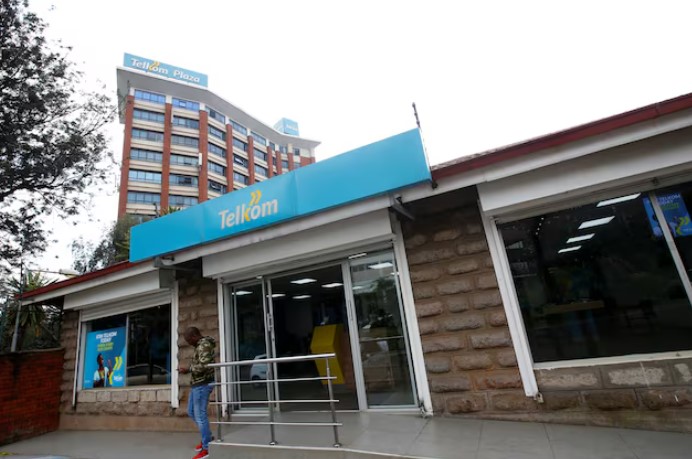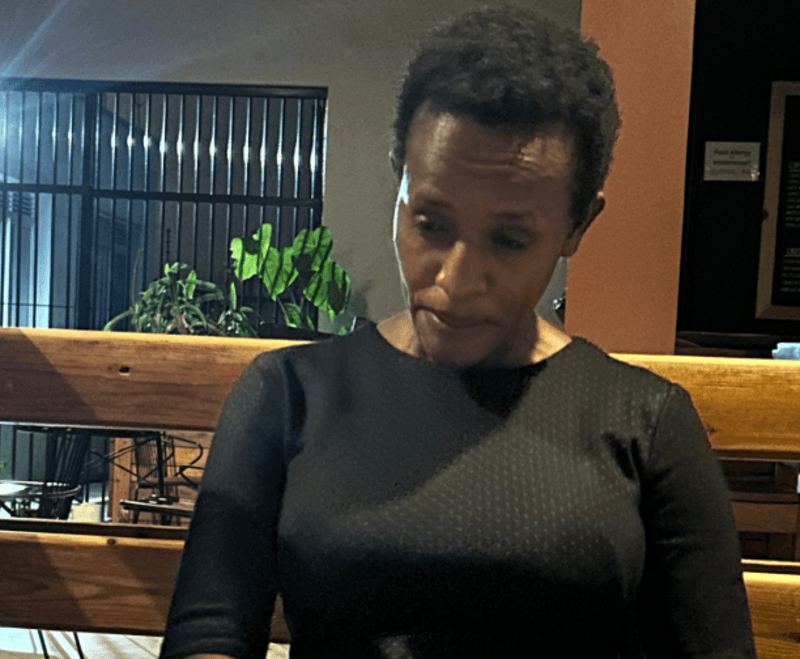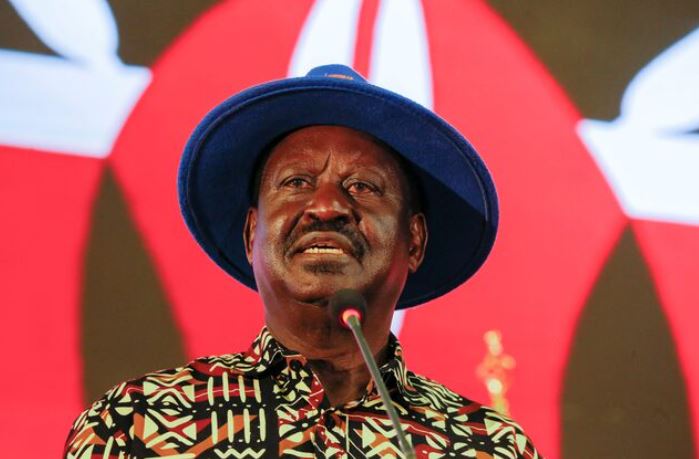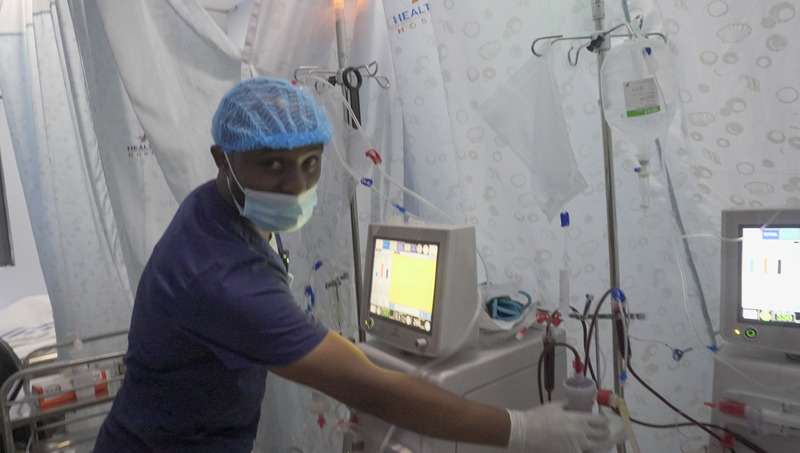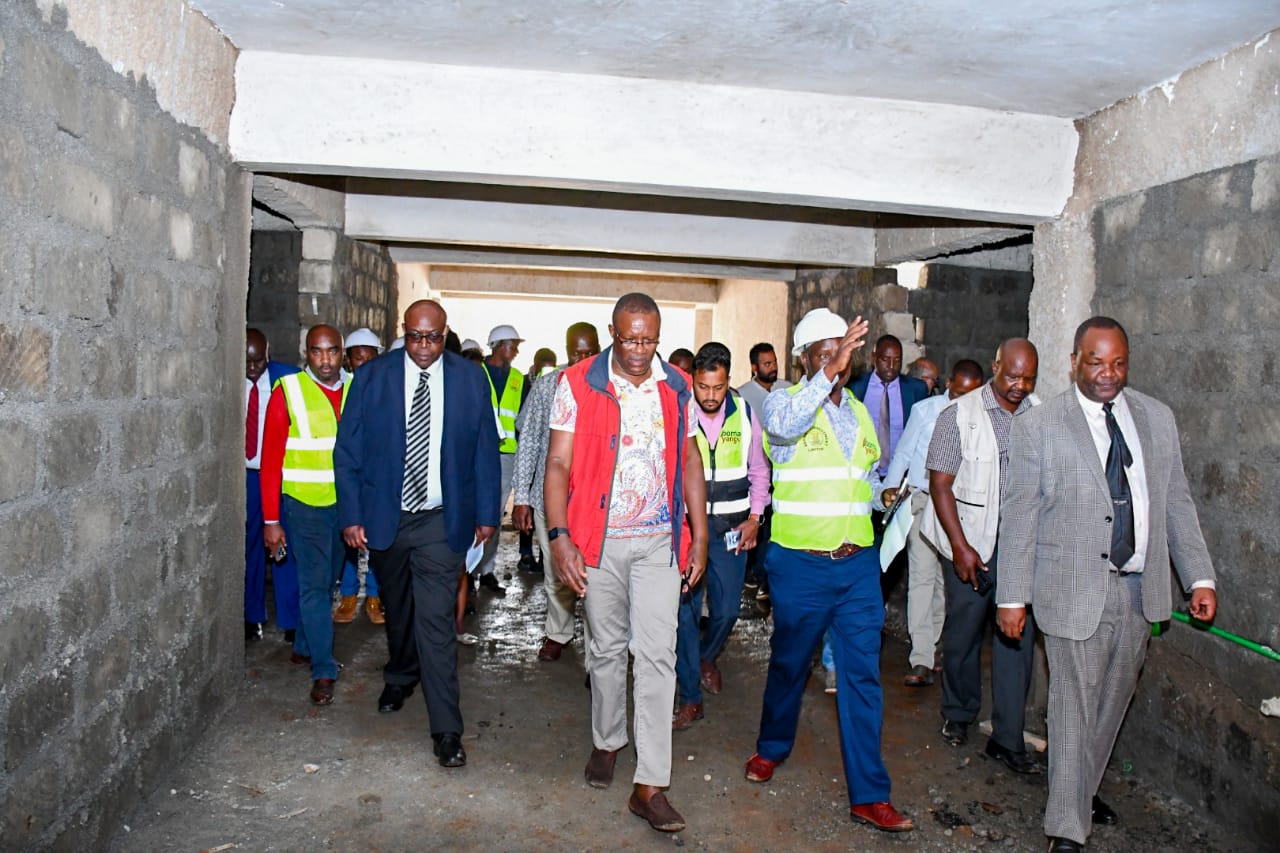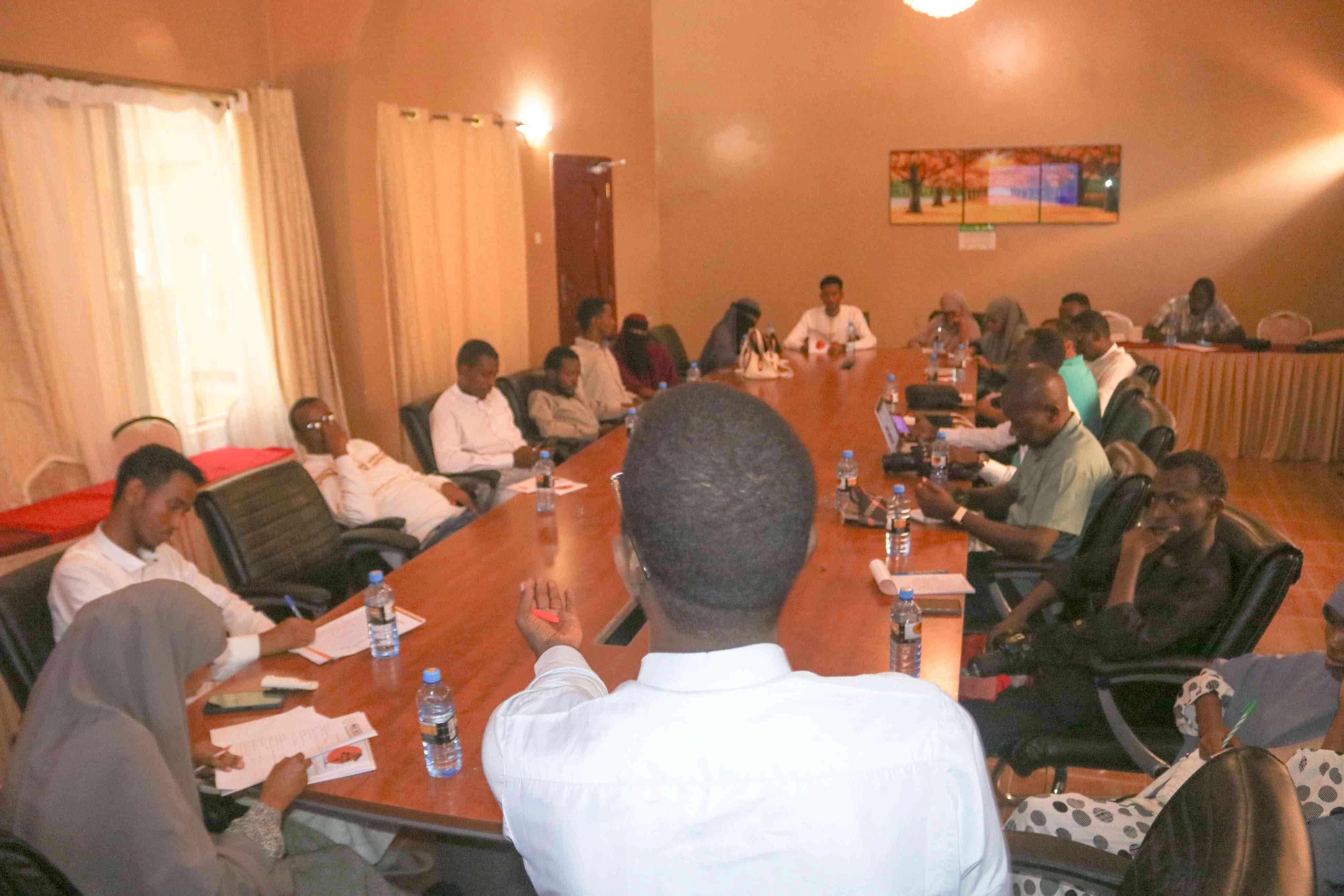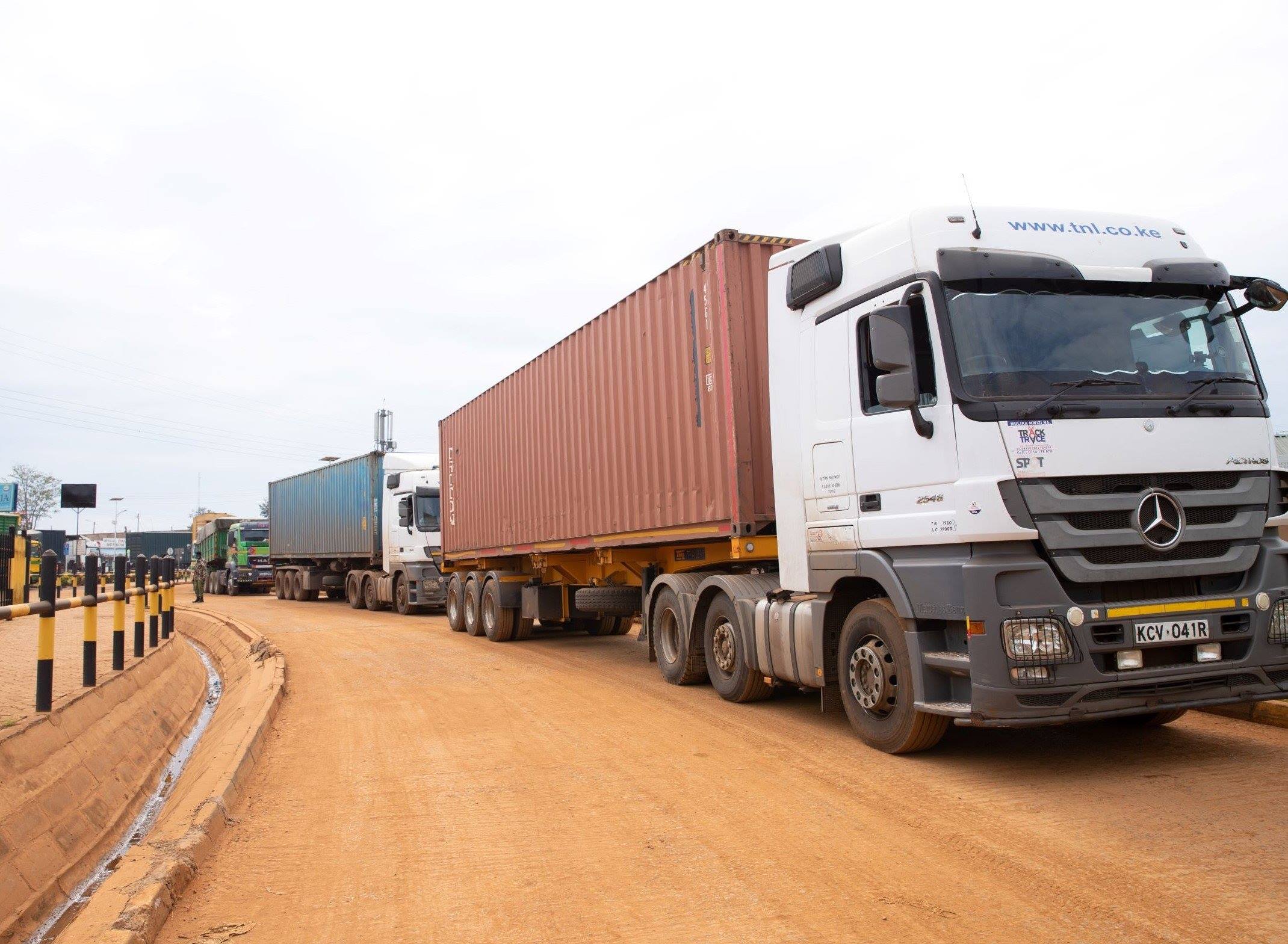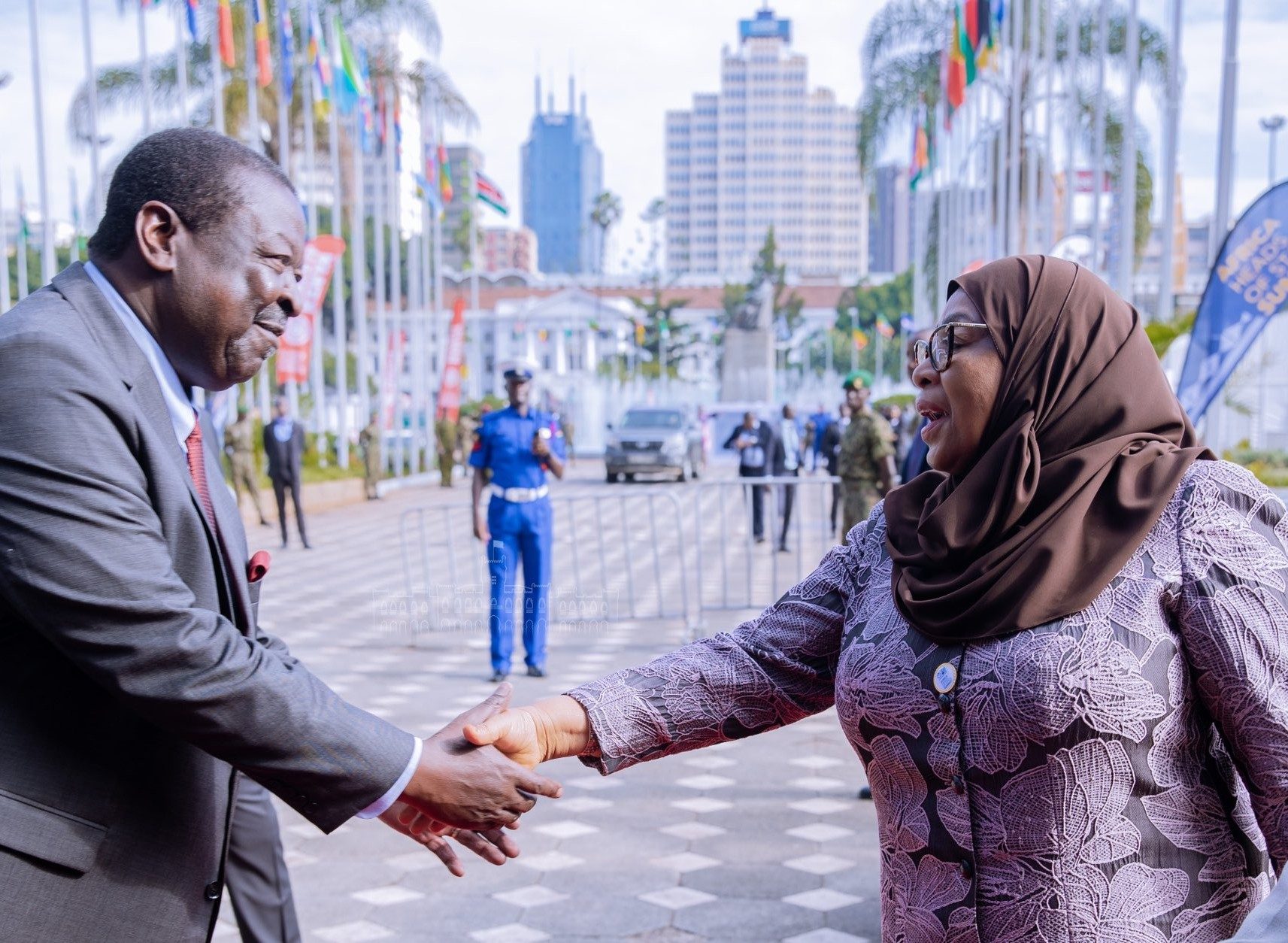Legal experts call for caution over Senate’s push for referendum
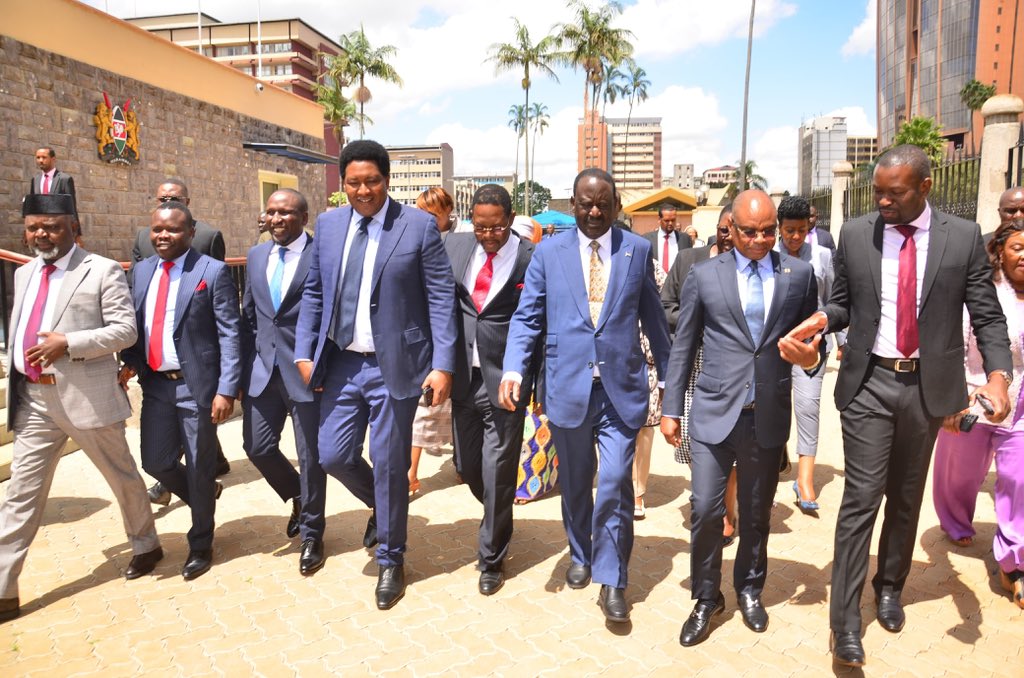
The push to have the Senate get more powers has been part of a struggle between Senators and members of the National Assembly.
Legal experts have called for caution as the Senate advocates for a referendum to radically transform its role into a powerful upper house with expanded veto powers over legislation, the national budget, and decisions by the National Assembly.
On Thursday, Orange Democratic Movement (ODM) leader Raila Odinga endorsed the Senate’s bid to assert itself as an upper house through constitutional amendments.
More To Read
- Raila backs stronger Senate with distinct powers amid House supremacy battles
- Nominated Senator Gloria Orwoba shown the door as Senate declares seat vacant
- Senate erupts over IEBC vetting snub, renews power struggle with National Assembly
- Clinical officers petition Senate over discrimination, delayed posting of interns
- Counties cry foul over Sh405bn budget, demand Sh536bn to avert crisis
- Technical University of Kenya under Senate scrutiny over Sh800 million pension debt
Speaking during an informal Senate discussion on revenue-sharing, Odinga insisted the chamber must strengthen its legislative authority to protect devolution.
However, legal experts who spoke to the Eastleigh Voice warn that the timing may be premature.
Ambrose Weda, a High Court advocate and political commentator, said the law is still not ready for changes. He believes that Kenyans will reject any effort to make changes to the law.
“The Constitution of Kenya 2010 is not ripe for amendment. It is yet to be implemented in full. Its limits are yet to be tried and tested. I do not think Kenyans would want to hear that billions are required for a referendum,” Weda says.
Last week, senators initiated a process to formulate parallel proposals to alter the constitution, with senators vowing to oppose the constitutional amendment initiative spearheaded by members of the National Assembly.
The proposal, among other things, seeks to entrench the National Government Constituency Development Fund (NG-CDF) in the Constitution. Odinga opposed this, stating MPs should not usurp the Executive’s role.
“National Assembly and Senate form Parliament and their role is to represent, legislate, and oversight and those roles are very important. The Executive uses the laws passed by Parliament to govern the country, and the Judiciary interprets it; that’s the way we want it to be,” Odinga said.
“We still have a long way to go. Together we can succeed, and together we shall succeed. We have no option,” he added.
A Senate taskforce—including Senior Counsels Tom Ojienda and Okong’o Omogeni, and Senators Edwin Sifuna and Hillary Sigei—is crafting changes to empower the chamber, particularly on money bills. Currently, the Senate is barred from reviewing financial legislation, a point of contention as the National Assembly routinely blocks Senate bills on these grounds.
A money bill is a legislative proposal that primarily deals with financial matters such as taxation, public expenditure, or borrowing.
Vihiga Senator Godfrey Osotsi emphasised that Senators will not be hoodwinked into supporting the Constitutional Amendment Bill (2024) following the proposal to entrench the Senate Oversight Fund in the law, threatening to quash it.
“We were talking about how devolution has been frustrated, and we have agreed as the Senate that we don’t want the Senate Oversight Fund, because it going to be used to bribe senators to pass the unconstitutional NG-CDF. We will come up with an amendment to give the Senate more powers,” he said.
The ODM Deputy Party Leader argued that the NG-CDF is against the spirit of the constitution, and any attempts to alter it must be subjected to a referendum.
The push to have the Senate get more powers has been part of a struggle between Senators and members of the National Assembly. Senator Okong’o Omogeni believes the Naivasha compromise, during the making of the 2010 Constitution, left the Senate living at the mercy of the courts.
Omogeni noted that despite Kenya adopting a bicameral system, the setup is not in line with other countries from which it borrowed the practice.
Bobby Mkangi, a constitutional expert who served as a Commissioner in the nine-member Committee of Experts for Constitutional Review (CoE) in Kenya that delivered the Constitution of Kenya, 2010 (CoK-2010) says said that holding a referendum is possible at any time so long as the constitutional and legislative thresholds are met.
“Whether the referendum question is affirmed or rejected depends on wananchi and not Raila or anyone else. Additionally, unless it is held at the same time as the general elections to save costs, we must ensure that we prioritise our children's needs first because they come first in any decent society,” said Mkangi.
He further suggests that the referendum, if of absolute necessity, should come after the country has guaranteed that every child has free and compulsory basic education as per the Constitution and guarantees their health and medical services.
Top Stories Today



